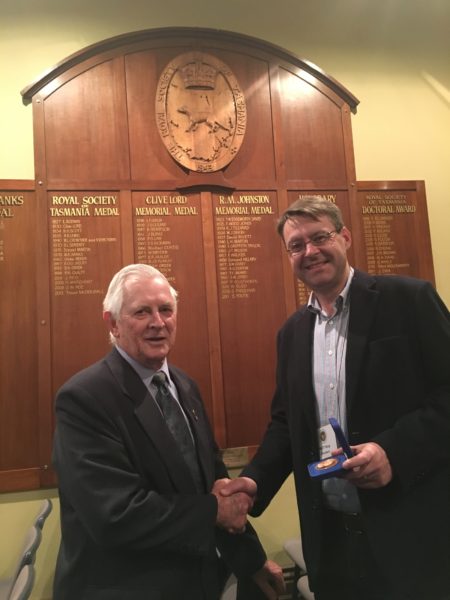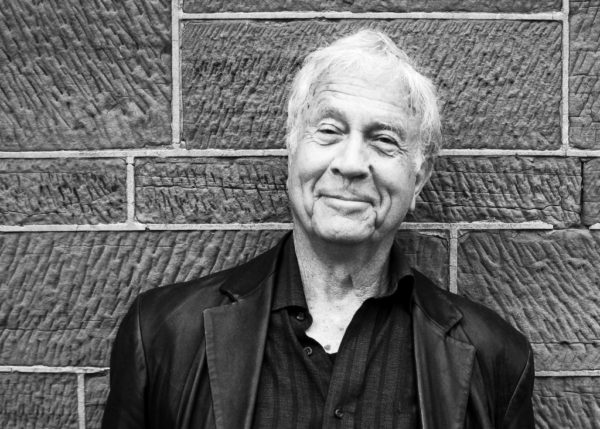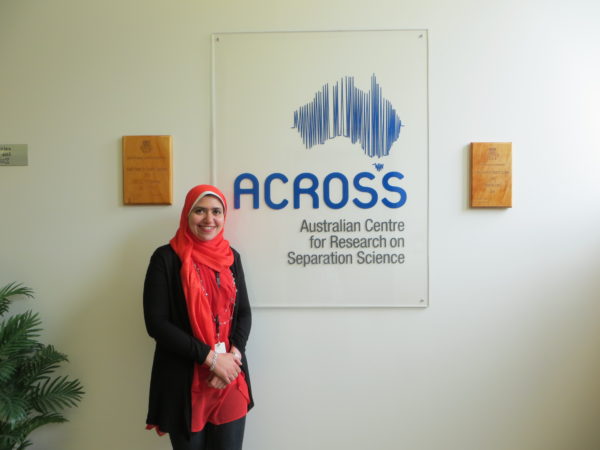The R. M. Johnston Memorial Medal for 2016
Prof David Green FRS

Born and educated in Tasmania, David Green is internationally recognised as a leader in experimental igneous petrology. He held the Chair of Geology from 1977 to 1994 and was Director of the Research School of Earth Sciences at ANU from 1994 to 2001. Collaborating with A. E. Ringwood he brought research in the geo-sciences a major step forward by combining high-pressure and also high-temperature equipment with the electron microscope. Prof Green had insights based on new research that led to a major study (and paper) on the genesis of basaltic magmas. This alone has been cited and used for further work by others at least 1300 times.
David has been adept at selecting significant petrological observations and hypotheses and then devising experimental strategies to investigate further. The widest range of topics has flowed including – mineral assemblages of peridotites at high pressures; the reasons for compositional variability of basaltic magmas including the rôles of carbon and hydrogen; as well as the origins of and relationships among luna basalts, and the nature of the lunar interior.
Prof Green, throughout his career has built co-operative research teams applying complementary approaches to diverse problems related to the petrology and geochemistry of natural rocks. Since returning to Tasmania he has been instrumental in the establishment of institutions particularly the Institute of Marine and Antarctic Studies which has achieved international acclaim and influence. It is an honour for The Royal Society of Tasmania to offer acknowledgment to David Green’s scholarship with the R. M. Johnston Memorial Medal.
The Clive Lord Memorial Medal for 2016
Prof Henry Reynolds

Henry Reynolds
Clive Lord had a deep interest in Tasmanian history including the place of the aboriginal identity. Henry Reynolds is a fitting person to be recognised by The Royal Society of Tasmania as he has a distinguished academic and personal background that unites these subjects. Indeed Henry has frequently researched and presented history from an Aboriginal perspective. Henry was educated in Tasmania, then a teacher in schools in Australia and England. He established the Australian History program at the Townsville University College where through meticulous research he initiated a focus on frontier conflict in Australia between settlers and indigenous people. This theme is of central importance to the history of Tasmania. In numerous academic articles and books, Prof Reynolds has explained the high level of violence and conflict involved in the colonisation of Australia, and the Aboriginal resistance as evidenced in numerous massacres of the indigenous people.
Henry was on friendly terms with Eddie Mabo and related his “chats” with Eddie in his writing. Later Henry encouraged Eddie to take the matter of land ownership to court. Henry has remained dedicated to justice and human rights. He was elected as a National ‘Living Treasure’ in 1998 – one of just 100! He has written the “History of Tasmania” which brings together the main themes in the island’s history and interprets them in an engaging and accessible way. His writing explores Tasmania’s uniqueness as an island, long isolated from the mainland of Australia. He documented the first extraordinary encounters between European explorers and Tasmanian Aborigines, conveying as far as possible the Tasmanians’ views of the strangers – including how they observed the white men! His research and writing has also considered the Black War of the 1820’s and the convict system and its legacy.
Prof Reynolds is no stranger to criticism from other historians and writers but is himself meticulous in basing his work on a vast resource of evidence readily available in archives and recorded during the actual ‘frontier’ times.
In his book ‘A History of Tasmania’ Prof Reynolds reminds us how the past lives on, and how this is especially so in Tasmania. Henry Reynolds has brought forward a compelling story for all of us and is a most fitting recipient of the 2016 Clive Lord Memorial Medal of The Royal Society of Tasmania.
The Royal Society of Tasmania Annual Doctoral Awards for 2016
In 2016 we had 26 quality nominations for these awards. Each nominee was worthy. The purpose of the awards is for the Society to offer external recognition to recent graduates who have shown genuine distinction and mature promise in their chosen field. Both awardees clearly show that strength at this stage of their career. The award winners were, in alphabetical order:
(a) Dr Aliaa Shallan

Aliaa Shallan
Aliaa’s first significant study was the first to demonstrate control over the size of fractures formed during dielectic breakdown of plastic. Her research has focused around developing a microfluidic device for drugs in fluids. A major segment of this centres around making nanochannels in microchips by dielectric breakdown – in effect a “lab on a chip” system. An electrokinetic trap has indeed been made and is the first non-sensor system to analyse drugs in body fluids. Dr Shallan’s work is recognised widely and being applied globally.
(b) Dr Jane Younger

Jane Younger
Dr Younger’s research has made a significant contribution already to the field of Antarctic ecology, specifically with respect to how ice-dependent penguins and seals are likely to respond to climate change. In summary, Jane’s very practical work studied palaeological changes in populations of Antarctic ice-dependent predators and their environmental drivers. Her work also filled in gaps in scientific knowledge essential to the future of penguins and seals, for instance. The data sets produced by Jane are contributing dramatically both to the fields of ecology and evolution. In addition Dr Younger’s results, having been reported directly to the Australian Government, will contribute to this nation’s conservation and management policies for Antarctica.
